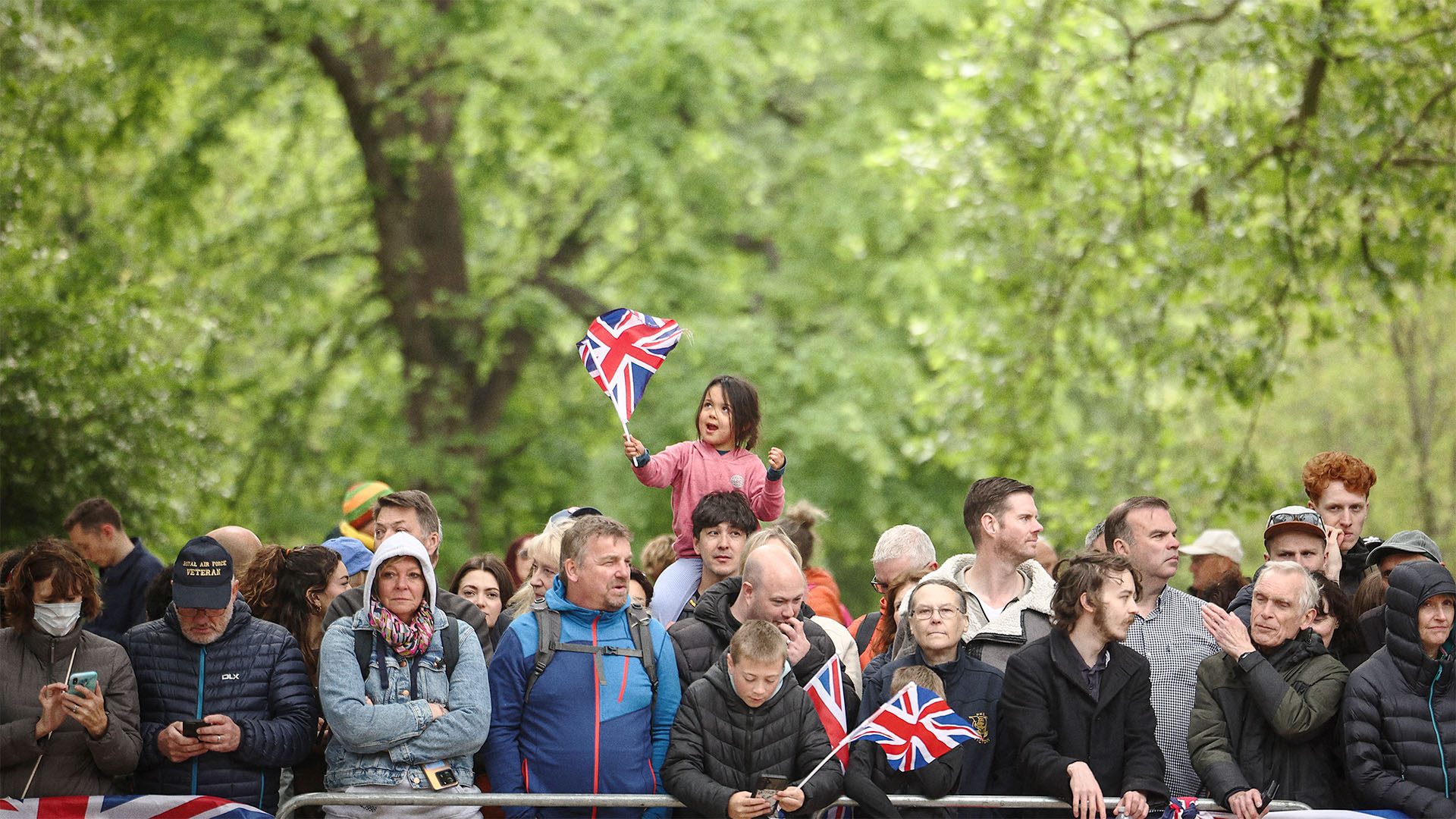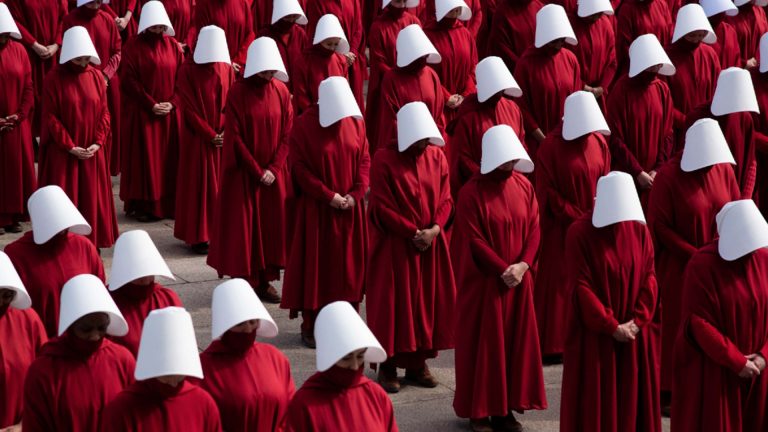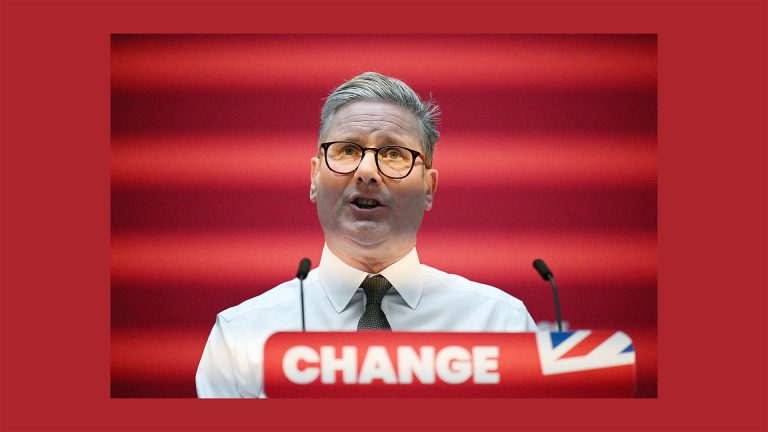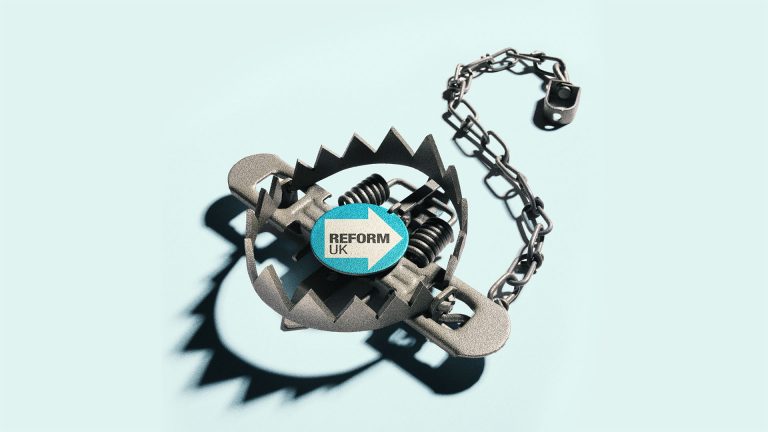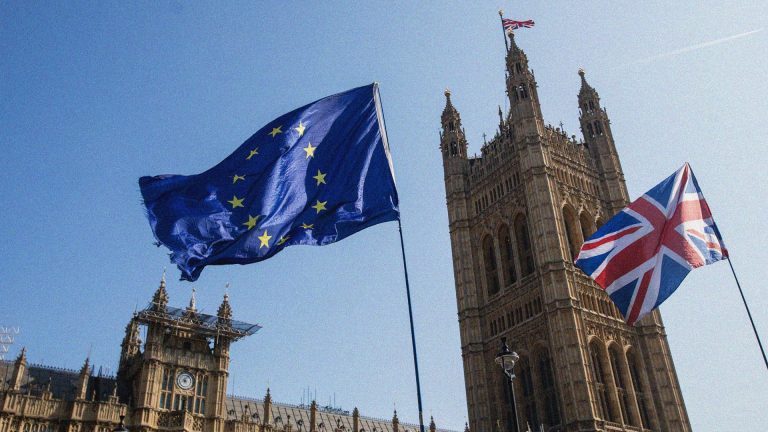Street parties, fairground rides, face painting and paper hats may be appropriate at various celebrations. There might even be events so extraordinary that, in order to revel in their overwhelming delight, the public requires an extra two hours of drinking time in the local pubs to do justice to the momentousness of the occasion.
However, for commemorating the end of a conflict that resulted in the loss of at least 60 million lives and, probably many more, the way the UK is marking the 80th anniversary of VE Day just feels crass.
Yes, Hitler was evil and the fact that he and his forces did not triumph was and always will be good news. But that victory was only achieved at a very heavy cost. If we should take any lesson away from that dire period in history, surely it is that nationalism can be incredibly dangerous and can take root very easily.
Yet in the run up to the official VE Day on May 8, the UK has already been overrun with ‘Union Jack’ flags, British bulldog imagery and loudly proclaimed zealous patriotism. Nigel Farage and his Reform Party could not have asked for more had they and their supporters been orchestrating the whole affair.
There have been, and will be, more solemn and sombre events: church services and civic ceremonies and the official two-minute silence which will quieten the UK at midday on May 8. But the government decision that this should be followed by an extension to licensing hours so that, as the prime minister put it, people would have longer to have “the opportunity to join in celebrations and raise a glass to all the men and women who served their country, both overseas and at home”, is more typical of the prevailing tone.
Celebrating the end of a devastating war that encompassed much of the world with an extra-long party in the pub? That just does not feel seemly.
Honour the dead and all those who suffered in the second world war specifically should you wish to do so, but there is a national Remembrance Day on November 11 every year at which the UK, along with other Commonwealth countries, pays tribute to them. Its primary focus was on the servicemen and women who died in the first world war, but, as time has passed and conflicts have erupted around the world, it has evolved to encompass a much broader group of victims.
Even to those who are generally sceptical about the concept of public mourning, the lone bugle playing the Last Post to herald the start of the two minutes’ silence on that day can have a spine-tingling effect. But, so far at least, there are no suggestions that the ceremonies at the Cenotaph in London’s Whitehall, and at memorials throughout the country, should be followed by a jolly get-together with plenty of food and drink.
The men who experienced the horrors of fighting in 1914-18, even if they survived to the end, are now long gone and the number of people alive today who actually took part in the 1939-45 war is tiny. But would any of them really think that raucous parties and singalongs were a fitting way to commemorate what they went through?
While some still laud the ‘Dunkirk spirit’ as the bravery that can see the UK through any difficult situation, they were not there whilst some of the soldiers who came through that episode emerged feeling anything but pride in the behaviour that they had witnessed. Contrary to popular myth, war does not always bring out the best in people.
Yet this week, the UK is supposed to be engaged in a collective act of celebration of victory, not mourning. It is a narrative that nurtures the attitude of British exceptionalism which has dogged the country for so long, fuelling a misplaced sense of superiority which can somehow be used to excuse failings in so many directions.
It is the trait that is core to Nigel Farage’s messaging and which Boris Johnson personifies: an unshakeable stance that ‘British is best’ and, if all unfair obstacles were swept away, Britain would emerge triumphant as it did in 1945. (What constitutes an ‘unfair obstacle’ can be interpreted as encompassing immigration, regulation, trade unions – in fact anything that does not fall neatly into the latest ‘exceptionalist’ rule book.)
The local election results have made it horribly clear that swathes of the country are warming to the Farage message. As they see their own circumstances deteriorating and their neighbourhoods suffering from years of declining budgets, they want to believe that Britain really is superior, albeit undergoing a bit of a setback right now.
Boris Johnson tapped into that feeling with his regular assurances that, no matter what was the subject of the moment, the UK was or was about to be, the “world-beater”. The truth, however, is that this is a small country with limited resources. It needs allies every bit as much now as it did in wartime.
Jingoistic celebration of victory over Germany 80 years ago is not destined to foster the positive relations with our European neighbours that are essential for the future but, as so often, the country’s leaders seem more comfortable looking backwards than forwards and many of the people seem happy to go along with that.
Instead, they might consider that, if Victory in Europe Day has real significance, it is to make us remember that one megalomaniac racist could come so close to imposing his will on an entire continent. That could never happen again – could it?


